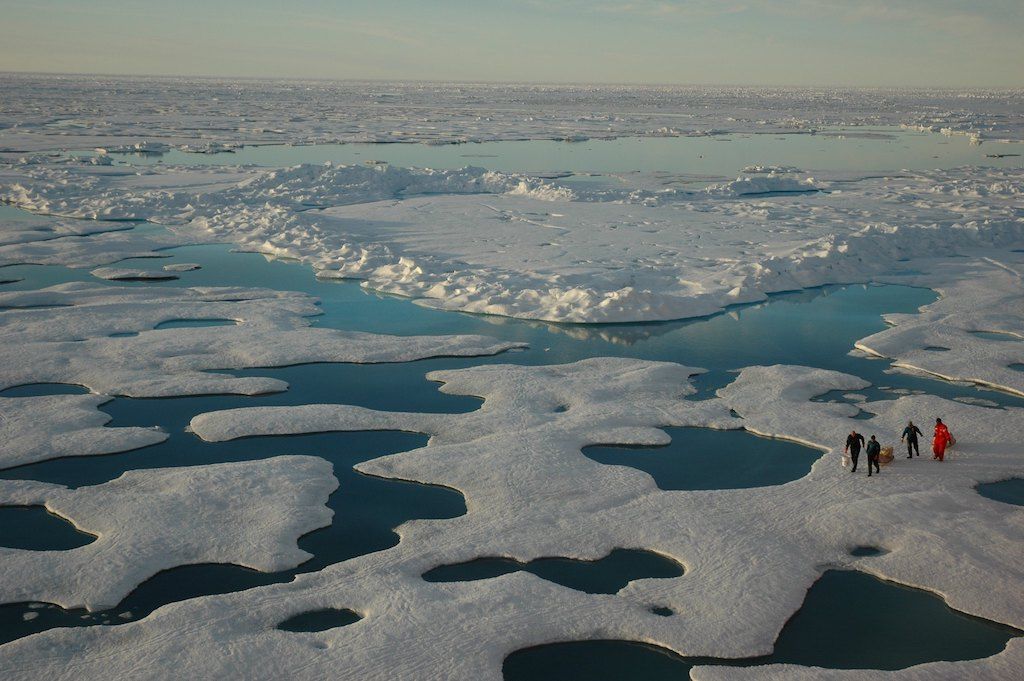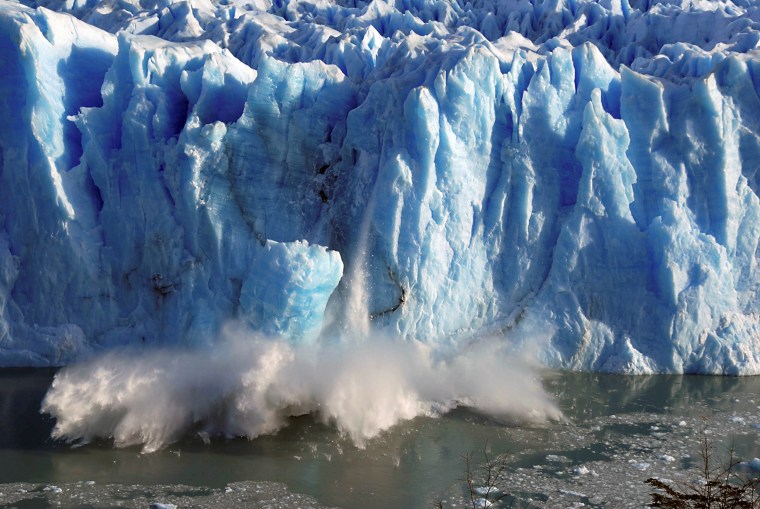
A new study suggests the next pandemic may arise from the melting glaciers in the Arctic as climate change is on the rise. Here’s everything you need to know.
Experts believe that a future pandemic is going to arrive sooner than earlier predictions

As the climate is rapidly changing, experts believe that a future pandemic is going to arrive sooner than earlier predictions. Researchers analyzed lake and solid sediments from Lake Hazen to identify viruses in the environment. Lake Hazen is a freshwater lake on Ellesmere Island in northern Canada. They sequenced DNA and RNA segments from the soil samples. Additionally, they used a computer algorithm for understanding how viruses are related to plants, fungi, and animals in the region.
The study published in the Proceedings of the Royal Society B: Biological Sciences, studies spillover risk. The spillover risk is the ability of viruses to reach new hosts and continue spreading. The situation is similar to what the world experienced during the initial stretch of COVID-19. “Spillover risk increases with runoff from glacier melt, a proxy for climate change. Should climate change also shift species range of potential viral vectors and reservoirs northwards, the High Arctic could become fertile ground for emerging pandemics,” stated the study.
More about the study
The study compares the evolutionary path of the hosts and viruses. This helps in understanding the similarities and variations among them. Hence helping researchers understand the possibility of a future pandemic. (https://chacc.co.uk) “From an evolutionary standpoint, viruses are more prone to infecting hosts that are phylogenetically close to their natural host, potentially because it is easier for them to infect and colonize species that are genetically similar,” explained the researchers.
“The analysis found pronounced differences between viruses and hosts in the lakebed, “which is directly correlated to the risk of spillover,” stated Stephane Aris-Brosou. Aris-Brosou is an associate professor at the University of Ottawa and the lead author of the study.
